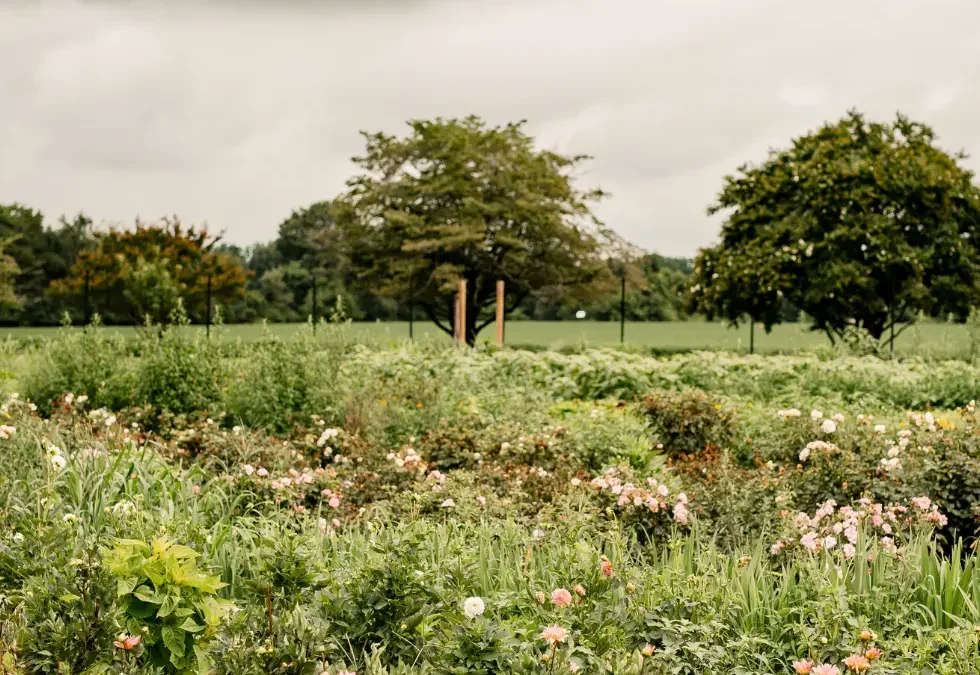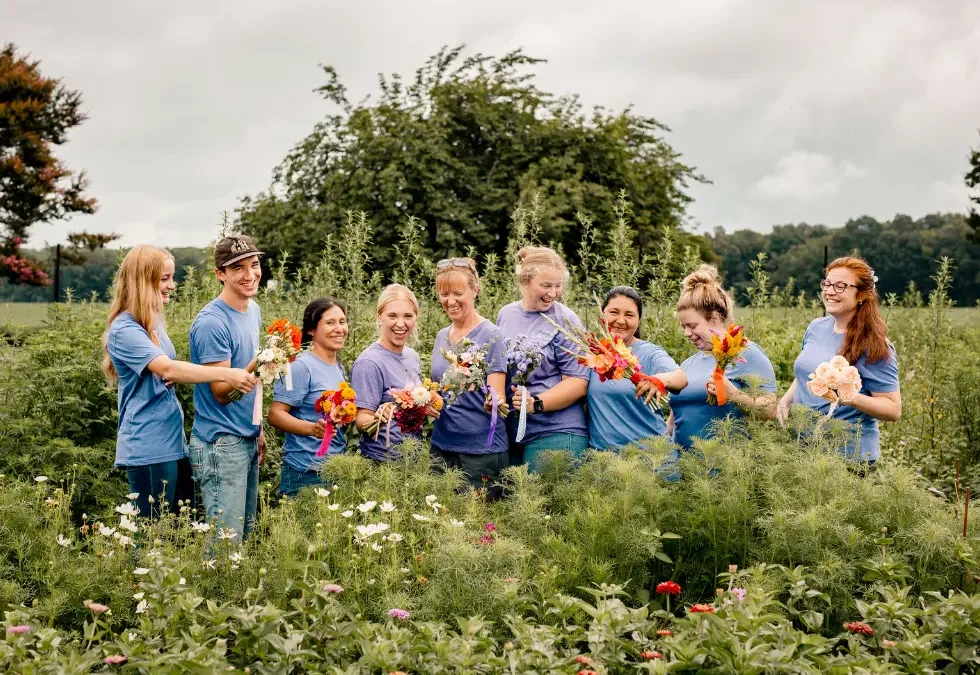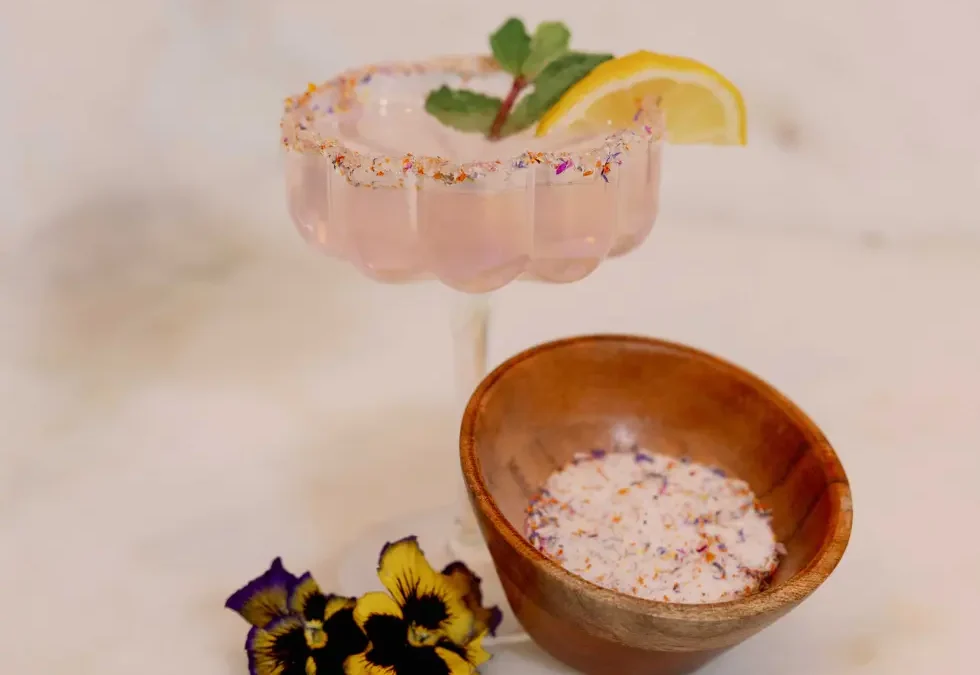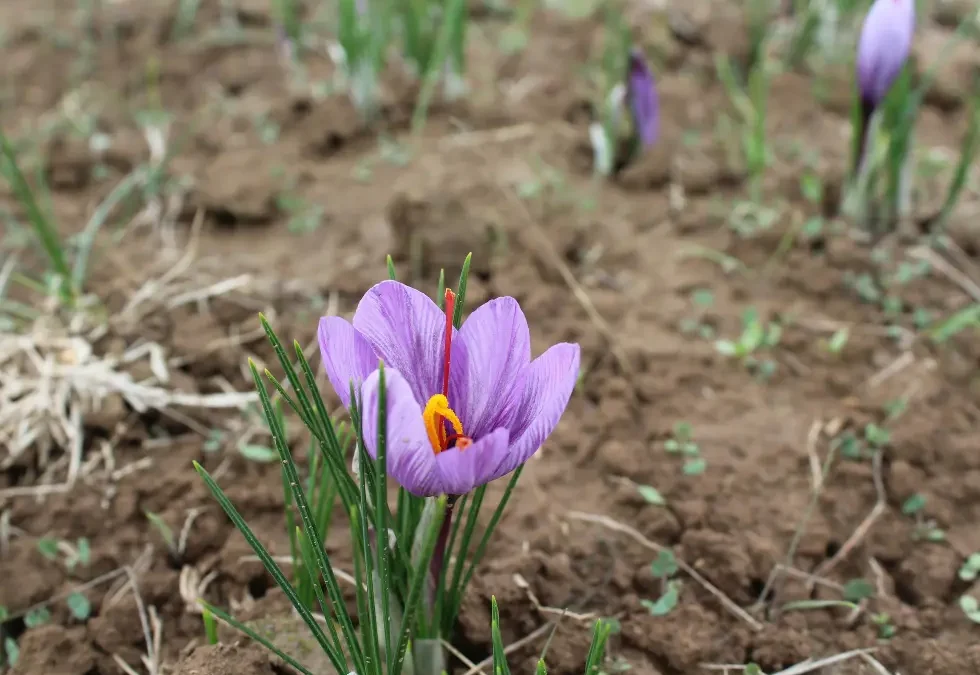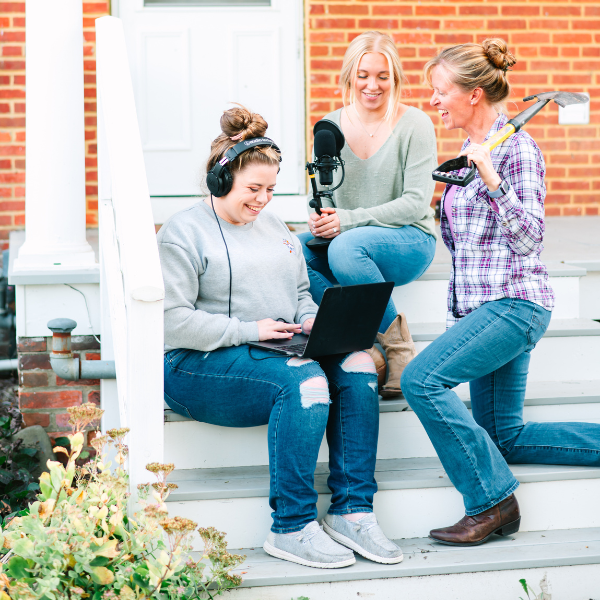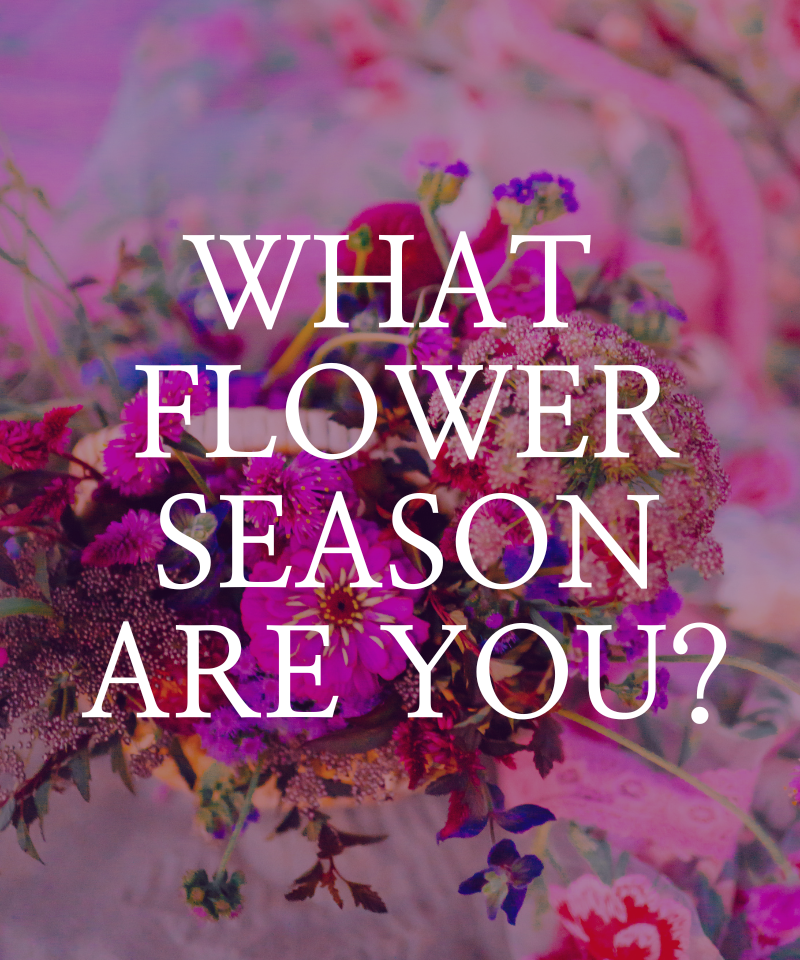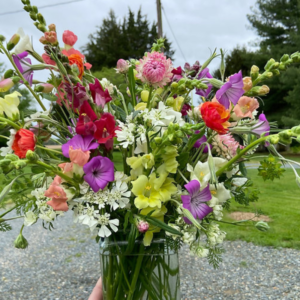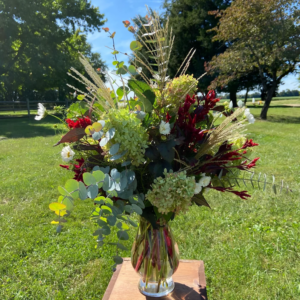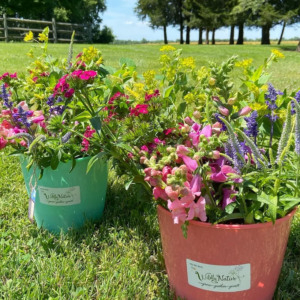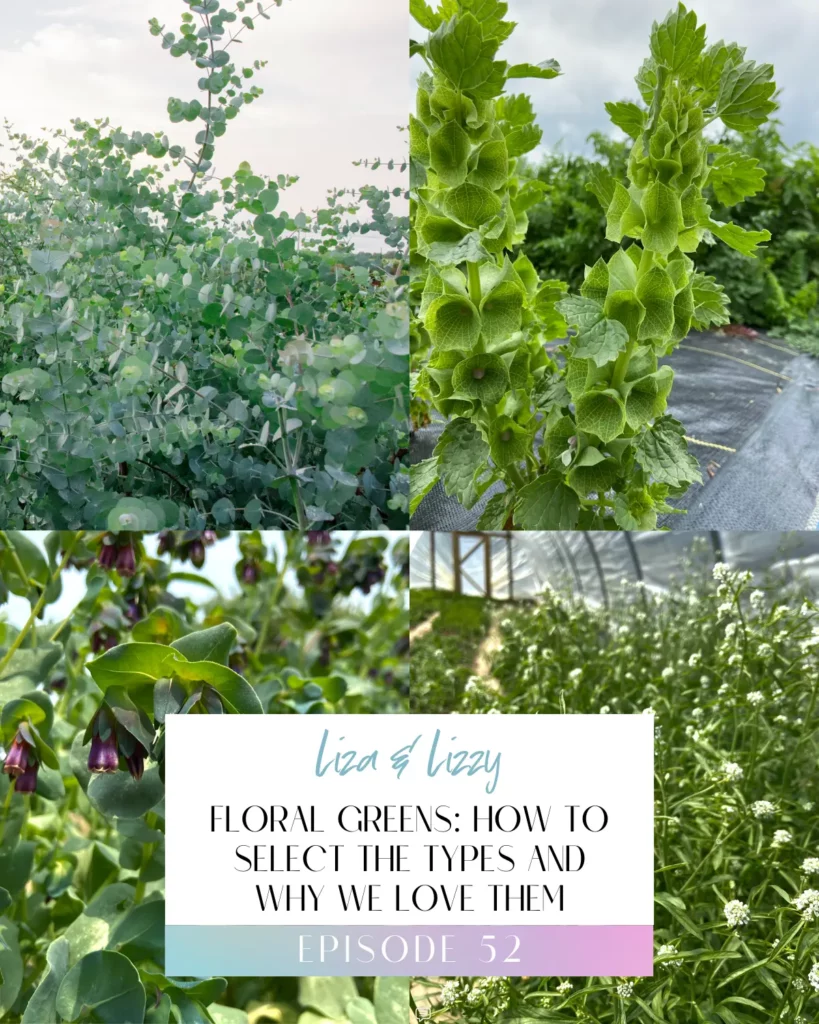
When we think of floral arrangements, our minds often go straight to the blooms. But there’s an unsung hero that plays a crucial role in every bouquet—greens. In the latest episode of The Flower Files, hosts Liza Goetz and Lizzie Frey dive deep into the world of floral greens, exploring why they are more than just fillers and how to use them effectively in your arrangements.
Why Greens Matter in Floral Design
Many people underestimate the importance of greens, viewing them as extras rather than integral elements of an arrangement. However, greens provide:
- Structure & Foundation: They establish the shape of an arrangement, whether asymmetrical or symmetrical.
- Depth & Texture: Different leaf shapes, colors, and textures create movement and contrast.
- Color Balance: The hue of greens can soften or enhance the overall look of an arrangement.
- Budget-Friendly Options: While some specialty greens can be costly, many provide an affordable way to add volume and lushness.
Top Types of Greens for Floral Design
Depending on whether you source your greens from wholesalers or grow and forage your own, the variety available to you may differ. Some of the most commonly used greens include:
For Traditional Florists:
- Eucalyptus – A favorite for its fragrance and versatility.
- Ruscus – Provides a clean, structured look.
- Ferns – Add feathery softness and texture.
- Salal (Lemon Leaf) – A sturdy, glossy option for a polished finish.
For Flower Farmers & Gardeners:
- Herbs (Rosemary, Sage, Mint, Lavender) – Adds a delightful scent and unique textures.
- Forsythia & Ninebark – Seasonal favorites offering rich color and depth.
- Camellia & Viburnum – Lush and long-lasting options for year-round use.
- Grasses & Shrubs – Introduce unexpected textures and shapes to arrangements.
Sourcing & Experimenting with Greens
Liza and Lizzie emphasize the importance of experimenting with different types of greenery. A simple walk through nature or your own garden can reveal unexpected gems. They recommend testing various greens to see how they hold up in arrangements, both in water and as stand-alone elements in bouquets.
While many florists rely on wholesalers, flower farmers often have the flexibility to forage or cultivate unique greens. However, certain greens, such as Smilax, are highly sought after for large installations and can be difficult to source outside of their peak seasons.
Trends in Floral Greens
The floral industry is seeing a shift toward more greenery-focused designs, including:
- Hanging Greenery Installations – Adds a dreamy, romantic feel to venues.
- Greenery-Based Arrangements – Minimalist yet lush designs featuring only greens.
- Wreaths & Garlands – Used beyond the holiday season for weddings, events, and even memorials.
- Dried Greens – A sustainable option for long-lasting designs.
Let Those Greens Shine!
Greens are more than just a supporting act in floral design. They provide the structure, depth, and contrast needed to bring an arrangement to life. Whether you’re a florist, a flower farmer, or a flower enthusiast, embracing the versatility of greens can elevate your designs to the next level.
Love this deep dive into floral greens? Subscribe to The Flower Files for more floral insights, and don’t forget to check out the Ultimate Guide to Level Up Your Garden Growing Cut Flowers by Season—a must-have resource for every flower lover.
Until next time, happy designing and remember: sometimes, the greens make the bouquet!

